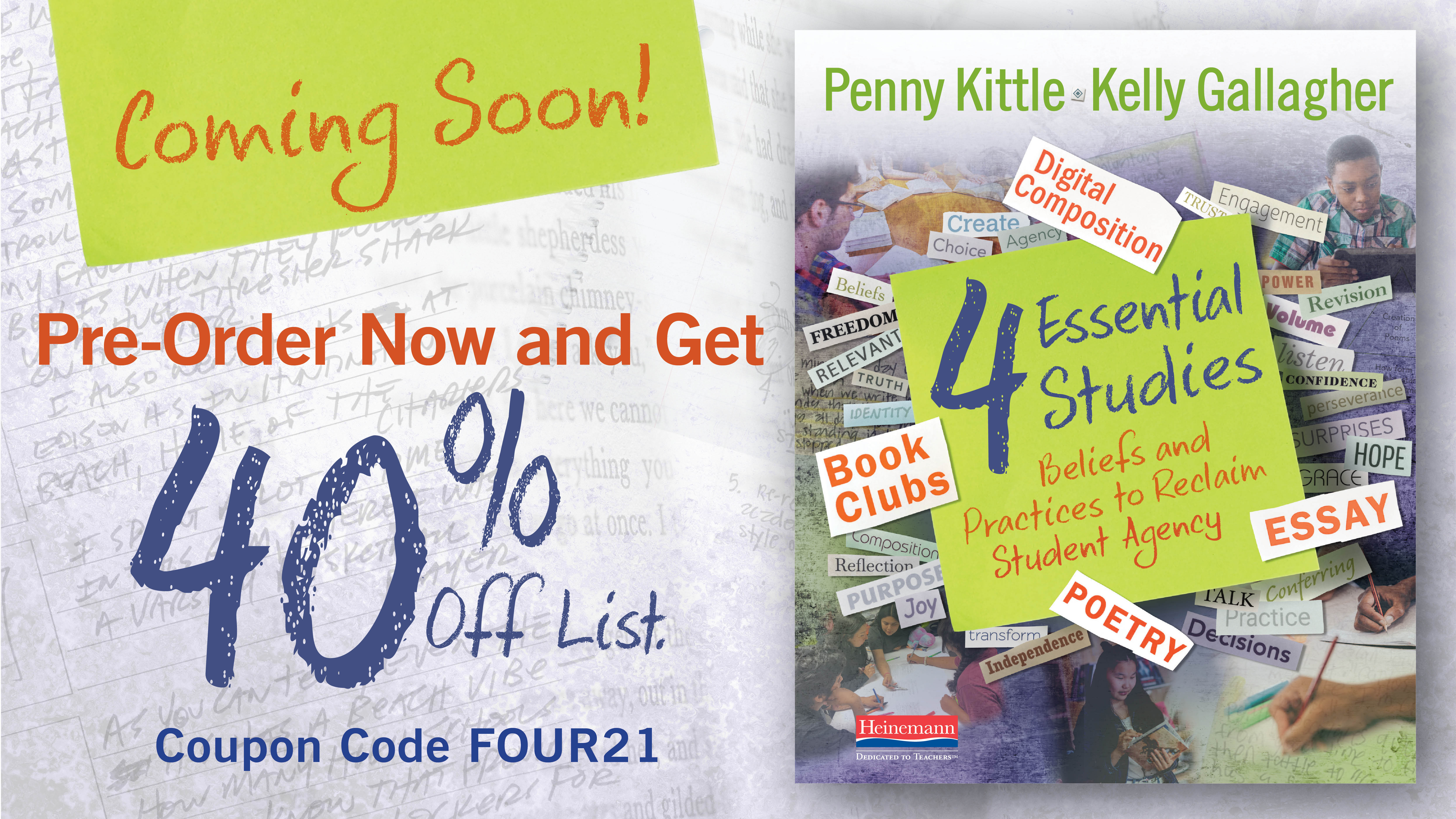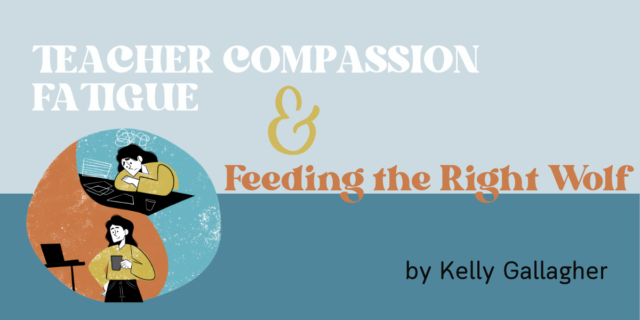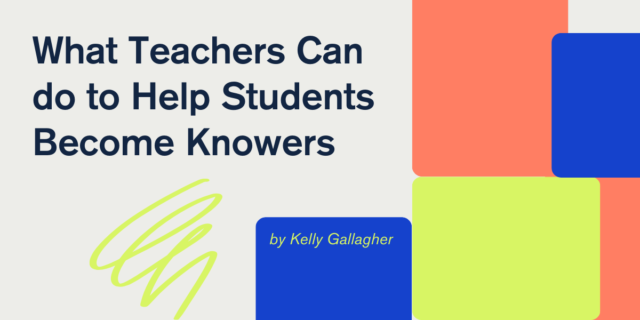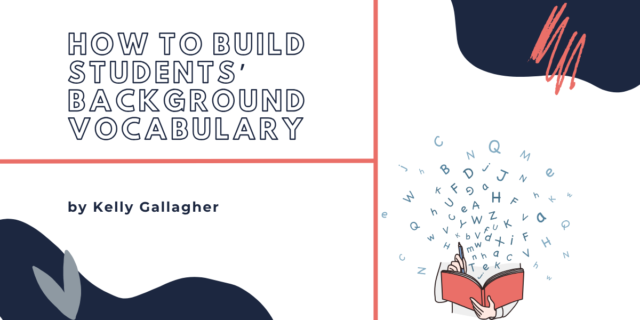
Who Is Making the Decision?
Jillian is halfway through her initial semester, and she feels overmatched by the demands of her university. A mere two months ago she walked confidently into her first college class, but now she is struggling. In high school she completed assignments and projects at the last minute but was skilled enough to turn her mediocre effort into a B average— a sign that indicated she was prepared for college. She is not.
Jillian is studying climate change for a seminar course called Tackling a Wicked Problem. She is expected to research one impact of climate change and to present a recommended course of action. She has a lot of decisions to make: What will be her focus? How can she communicate the urgency of this issue? Should she begin with an anecdote on the impact of rising oceans? How will she set the tone for the piece? How can she most effectively keep her audience (her classmates and anonymous readers of an online magazine) engaged? Is her evidence credible? What order of the evidence is most effective? What are the anticipated counterarguments, and how will she refute them? Jillian is having trouble getting started writing—not because she is lazy or lacks information, but because she has not practiced making these decisions as a writer.
Jillian is surprised—and furious—that teachers in her college courses do not value the five-paragraph essay she has mastered. In high school she didn’t have to wrestle with difficult writing decisions, so she chose not to. She was an accomplished follower, a “one draft and done” writer. She determined what the teacher wanted her to say, and how the teacher wanted her to say it, and cobbled together thinking she mostly found online. She completed her assignments, but she didn’t have to think very hard. Jillian’s good grades represented acts of compliance, not decision-making, and now that she’s in college, she is beginning to understand what she doesn’t know.
Jillian’s former teachers had good intentions. They provided structures and step-by-step tasks for students because they had watched young writers struggle or give up entirely, and they wanted to help. Many teachers have concluded that students can’t write well without detailed instructions.
We disagree.
We believe the detailed instructions are part of the problem. Completing teacher-generated step-by-step work is not learning; it masquerades as it. We are reminded of Ellin Keene’s research on engagement, where she asks teachers to consider the consequences of their practices: “You may find yourself wondering why you’ve felt the need to break down tasks into an infinite series of first steps that somehow never add up to the authentic learning experience you’d hoped to create” (Glover and Keene 2015, 108). This thinking echoes the work of Peter Johnston, noted educator and researcher, who adds, “Being told explicitly what to do and how to do it—over and over again—provides the foundation for a different set of feelings about what you can and can’t do, and who you are. The interpretation might be that you are the kind of person who cannot figure things out for yourself” (2004, 9).
Which brings us back to Jillian—and to many other students we have encountered who have come to the next step in their education ill equipped to figure things out on their own. They lack practice with doing that difficult work. Many come to believe they are not capable of figuring things out for themselves.
Jillian found she was out of shape when it came to college reading as well. This comes as no surprise to us, as Jillian readily admits she did not read a single book in high school. Jillian did not read books in high school because she didn’t have to. All the books were selected by her English teachers—all culled from the traditional, white male canon—and whole-class novel studies lasted weeks and weeks. The thinking she was asked to do had already been done and was easily accessible online. But it would be a mistake to attribute Jillian’s lack of reading to her simply having easy access to SparkNotes.
There was another, more important reason. Jillian was not engaged in reading; she was bogged down in extended exercises and trying to extract answers. Her teachers assigned chapters to read and then asked her to go find answers buried in the text. Read the chapter. Answer the teacher’s questions. Read the next chapter. Answer the teacher’s questions. Repeat book after book, year after year. Jillian wasn’t making decisions; she was following directions. Worse, the cumulative, numbing effect of this approach over the years began to pull the reins on her love of all books.
She is not alone. Many students transfer the negativity of this kind of reading experience and no longer want to read any books.
In 2016, 12th graders reported spending nearly six hours on digital media daily (going online, texting, and using social media). At the same time, their interest in books fell to an all-time low. Sixteen percent of 12th-grade students reported reading a book or magazine for pleasure daily in 2016, compared to 60 percent in 1976. (Twenge, Martin and Spitzberg 2018, 11)
Surely no set of standards or skills or the study of a single book is worth what is happening.
Shifting Decision-Making in Our Classrooms
During a book club meeting one night, Penny, Kelly, and Donna Santman, an eighth-grade teacher we both admire, talked over Zoom about the turmoil in our country. Which books felt essential to share with students now? We know that what we bless in our classrooms sends a powerful message to students. All three of us have wrestled with this decision through decades of teaching. At one point, Kelly said, “But some teachers don’t have a choice.”
Donna jumped in, “All we do is make choices. Teachers are always making choices.”
Donna’s words capture the complexity of teaching. Our daily decisions create a culture of learning in our classrooms. We decide how we care for students. We choose what to say when students tell us they don’t read—and they haven’t for years. We decide what to do when they share their reluctance to write. How well do we listen to them? The decisions we make in these circumstances have a profound impact.
Do the decisions we make enable our students to make decisions without us?
But here is a bigger question—one that centers this book: Do the decisions we make enable our students to make decisions without us? If we choose to teach a new book, for example, but still determine how students will read it, we can’t help but funnel them into our reading of the book. They will miss the opportunity to bring their experiences to the reading—to see the book like no one else—which would benefit us all. So how do we wean them from the unhealthy codependency that many of them have established with their teachers? How do we lead them to confidence, independence, and joy in reading, writing, thinking, and creating?
That is the work of Four Essential Studies. In four studies we have lifted directly from our classrooms— essay writing, book clubs, poetry, and digital composition—we show you how we work to meet students where they are and hand over much of the decision-making to them. Students need the space to struggle, to wrestle. We aim to build students who can generate a subject of inquiry and stick with it over time. Students who demonstrate the desire to understand and the will to persevere.
Some students will not like this shift—at first. Many of them are content with simply being followers. The road ahead of them has been smoothed; speed bumps have been removed. They quickly learn that the best course of action is to simply stay between the lines. This is problematic, however, as students (like Jillian) are entering a world that will require flexibility. Authors Greg Lukianoff and Jonathan Haidt remind us students will be better off if we “resist the urge to jump in and help them when they are struggling to do things or seem to be doing them the wrong way. Trial and error is a slower but usually better teacher than direct instruction” (2018, 237). Agency and creativity flourish when we give students the space to make decisions, speed bumps and all. Four Essential Studies will be available November 2, 2021. To pre-order and receive 40% off the list price, click here and use Promo Code FOUR21 at check-out.
Four Essential Studies will be available November 2, 2021. To pre-order and receive 40% off the list price, click here and use Promo Code FOUR21 at check-out.
 Kelly Gallagher (@KellyGToGo) taught at Magnolia High School in Anaheim, California for 35 years. He is the coauthor, with Penny Kittle, of Four Essentials Studies: Beliefs and Practices to Reclaim Student Agency, as well as the bestselling 180 Days. Kelly is also the author of several other books on adolescent literacy, most notably Readicide and Write Like This. He is the former co-director of the South Basin Writing Project at California State University, Long Beach and the former president of the Secondary Reading Group for the International Literacy Association.
Kelly Gallagher (@KellyGToGo) taught at Magnolia High School in Anaheim, California for 35 years. He is the coauthor, with Penny Kittle, of Four Essentials Studies: Beliefs and Practices to Reclaim Student Agency, as well as the bestselling 180 Days. Kelly is also the author of several other books on adolescent literacy, most notably Readicide and Write Like This. He is the former co-director of the South Basin Writing Project at California State University, Long Beach and the former president of the Secondary Reading Group for the International Literacy Association.

Penny Kittle teaches freshman composition at Plymouth State University in New Hampshire. She was a teacher and literacy coach in public schools for 34 years, 21 of those spent at Kennett High School in North Conway. She is the co-author (with Kelly Gallagher) of Four Essential Studies: Beliefs and Practices to Reclaim Student Agency, as well as the bestselling 180 Days.
Penny is the author of Book Love and Write Beside Them, which won the NCTE James Britton award. She also co-authored two books with her mentor, Don Graves, and co-edited (with Tom Newkirk) a collection of Graves’ work, Children Want to Write. She is the president of the Book Love Foundation and was given the Exemplary Leader Award from NCTE’s Conference on English Leadership. In the summer Penny teaches graduate students at the University of New Hampshire Literacy Institutes. Throughout the year, she travels across the U.S. and Canada (and once in awhile quite a bit farther) speaking to teachers about empowering students through independence in literacy. She believes in curiosity, engagement, and deep thinking in schools for both students and their teachers. Penny stands on the shoulders of her mentors, the Dons (Murray & Graves), and the Toms (Newkirk & Romano), in her belief that intentional teaching in a reading and writing workshop brings the greatest student investment and learning in a classroom.
Learn more about Penny Kittle on her websites, pennykittle.net and booklovefoundation.org, or follow her on twitter.


